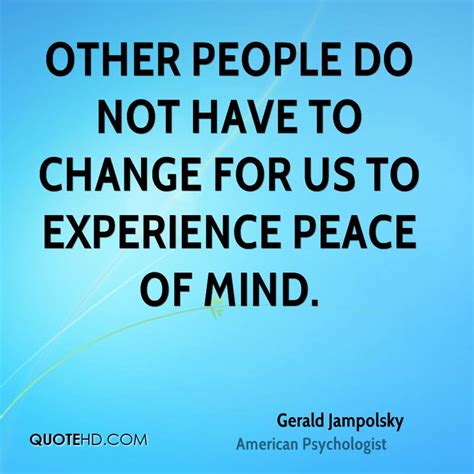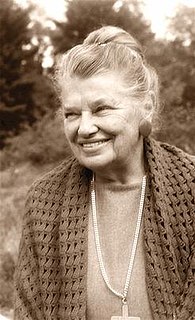A Quote by Sylvia Day
I require distance from the past in order to grasp the future.
Related Quotes
The Past is dead, and has no resurrection; but the Future is endowed with such a life, that it lives to us even in anticipation. The Past is, in many things, the foe of mankind; the Future is, in all things, our friend. In the Past is no hope; The Future is both hope and fruition. The Past is the text-book of tyrants; the Future is the Bible of the Free. Those who are solely governed by the Past stand like Lot's wife, crystallized in the act of looking backward, and forever incapable of looking before.
The historian is looked upon as objective when he measures the past by the popular opinions of his own time, as subjective when he does not take these opinions for models. That man is thought best fitted to depict a period of the past, who is not in the least affected by that period. But only he who has a share in building up the future can grasp what the past has been, and only when transformed into a work of art can history arouse or even sustain instincts.
A near win shifts our view of the landscape. It can turn future goals, which we tend to envision at a distance, into more proximate events. We consider temporal distance as we do spatial distance. (Visualize a great day tomorrow and we see it with granular, practical clarity. But picture what a great day in the future might be like, not tomorrow but fifty years from now, and the image will be hazier.)
When we think we have been hurt by someone in the past, we build up defenses to protect ourselves from being hurt in the future. So the fearful past causes a fearful future and the past and future become one. We cannot love when we feel fear.... When we release the fearful past and forgive everyone, we will experience total love and oneness with all.






































